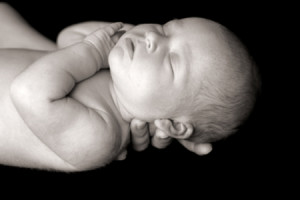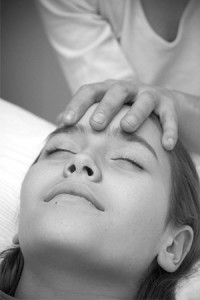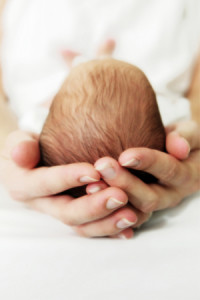Osteopathy for babies and children.
Did you know that osteopathic treatment has been shown to reduce colic crying in babies by over an hour a day?
Osteopathy for babies is extremely gentle. It allows restrictions in the baby’s body that affect nerves to the digestive system to release and relax.
It is also useful release the diaphragm which has a huge impact on the baby’s ability to bring up wind. Gentle visceral techniques are used to ease the nerves that supply the sphincters between the different parts of the gut. If the sphincters are not relaxing to let milk pass through, it sits and ferments causing a build up of gas, or comes up as reflux.
Unlike some other manual therapies we NEVER use force on a baby’s tiny body. If you are wondering if Osteopathy might be appropriate for your little one, please email us at enquiries@healthyosteo.com.
Read on to learn more about Osteopathy for babies and children
Often people wonder why a child would benefit from osteopathic treatment. After all, small bodies are very flexible and much less prone to the strains and injuries of the more mature patient.
 Being born however is one of the most stressful events we may ever experience. The soft bones of a baby’s skull overlap or ‘mould’ as the contractile forces of the uterus squeeze the baby down the birth canal. Generally after birth the moulding resolves naturally with feeding and crying. In some cases however, some of the strains remain.
Being born however is one of the most stressful events we may ever experience. The soft bones of a baby’s skull overlap or ‘mould’ as the contractile forces of the uterus squeeze the baby down the birth canal. Generally after birth the moulding resolves naturally with feeding and crying. In some cases however, some of the strains remain.
Conditions where strain is more likely to be unresolved include an abnormal lie during the pregnancy, (eg breech or back to back), very quick or difficult long labours, ventouse or forceps deliveries, breech and face presentations and premature deliveries.
Osteopathic Practitioners believe that retained moulding in the skull and restrictions in a baby’s body are an important factor in reflux, colic, difficulties feeding and bringing up wind, vomiting, irritability, poor sleeping, ear infections and plagiocephaly (misshapen skull).
 Although the baby doesn’t pass through the birth canal in a Caesarian delivery often they still suffer problems.
Although the baby doesn’t pass through the birth canal in a Caesarian delivery often they still suffer problems.
In elective Caesarians the baby has not undergone the compression/decompression and normal physiological stimuli that happen with a natural delivery. In emergency Caesarians the baby may have been subject to strong uterine contractions for some time before the decision to operate is made. Retained moulding and body misalignment may still be present and problematic.
In older children osteopathy may be used to treat those suffering from developmental delay, gross and fine motor skill delay, scoliosis, clumsiness and growing pains. As the child grows, unresolved strains may lead to abnormal tension in the body. This discomfort can make it difficult to sit still and concentrate.
Osteopathic Practitioners believe that a child whose body is under continual strain struggles to function at its best. Releasing strain allows the lymphatic system to work more efficiently. Good lymphatic flow is vital for optimal function of the immune system. It also promotes healthy blood and nerve flow to and from an area again assisting in healing processes.
 Osteopathy works with the body’s natural drive toward health and well-being. This drive is very strong in children and they often respond quickly to osteopathic treatment. Helping the body realign itself allows resolution of the child’s symptoms.
Osteopathy works with the body’s natural drive toward health and well-being. This drive is very strong in children and they often respond quickly to osteopathic treatment. Helping the body realign itself allows resolution of the child’s symptoms.
Maintenance osteopathic treatment is beneficial in helping children as their bodies go through rapid growth spurts. Regular treatment can help realign the body after falls and sporting injuries. Resolving strains in a child can also help prevent problems developing at a later age or in adulthood.
Each fall we take and trauma our body experiences is ‘remembered’ by our tissues. The body will resolve the trauma to the best of its ability. It may not be able to resolve a strain completely, so often the remnants of a strain will still be present in the body years later.
On its own one residual strain may not be severe enough to cause a complaint. As further injuries are suffered and partially resolved however, the residual strains accumulate in the body. The body may then come to a point where it is unable to compensate for all of the strains together. It loses its point of balance. This is often the case when someone is taken unawares by sudden back pain. They simply bend down to tie a shoe lace and their back goes into spasm, or they wake one morning with a ‘crick’ in their neck and are unable to think of a cause.
 The trained hands of an osteopathic practitioner can detect these residual strains and help resolve them before they become a problem. It is not necessary for a child to receive treatment after each and every fall, but regular check ups help promote good spinal and general health and prevent problems further down the road.
The trained hands of an osteopathic practitioner can detect these residual strains and help resolve them before they become a problem. It is not necessary for a child to receive treatment after each and every fall, but regular check ups help promote good spinal and general health and prevent problems further down the road.
